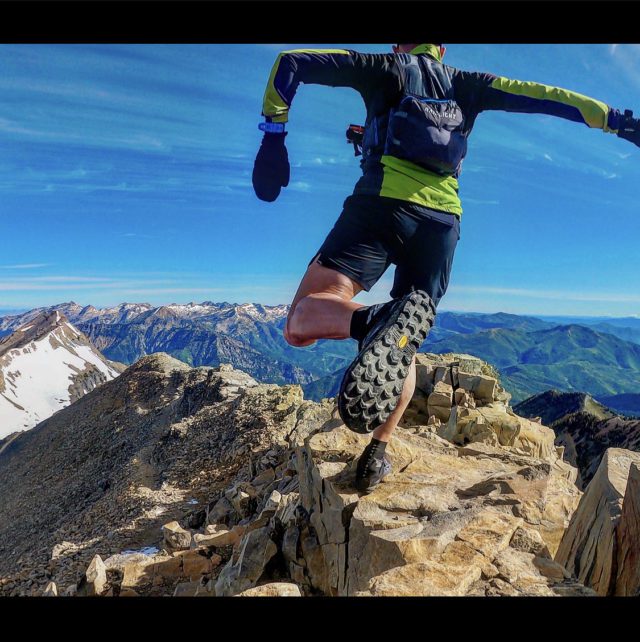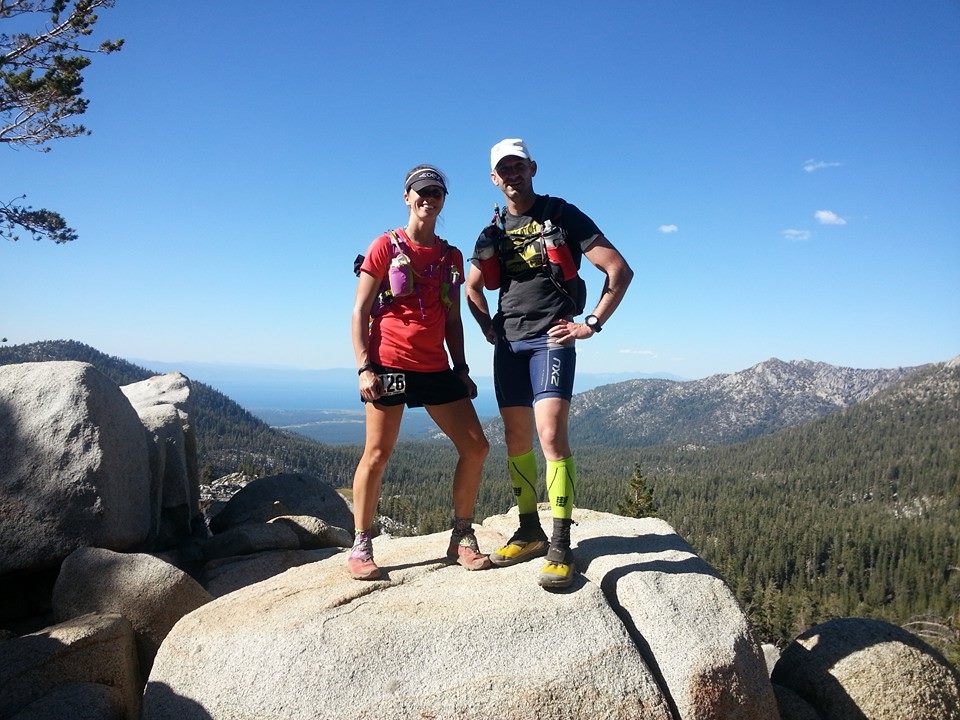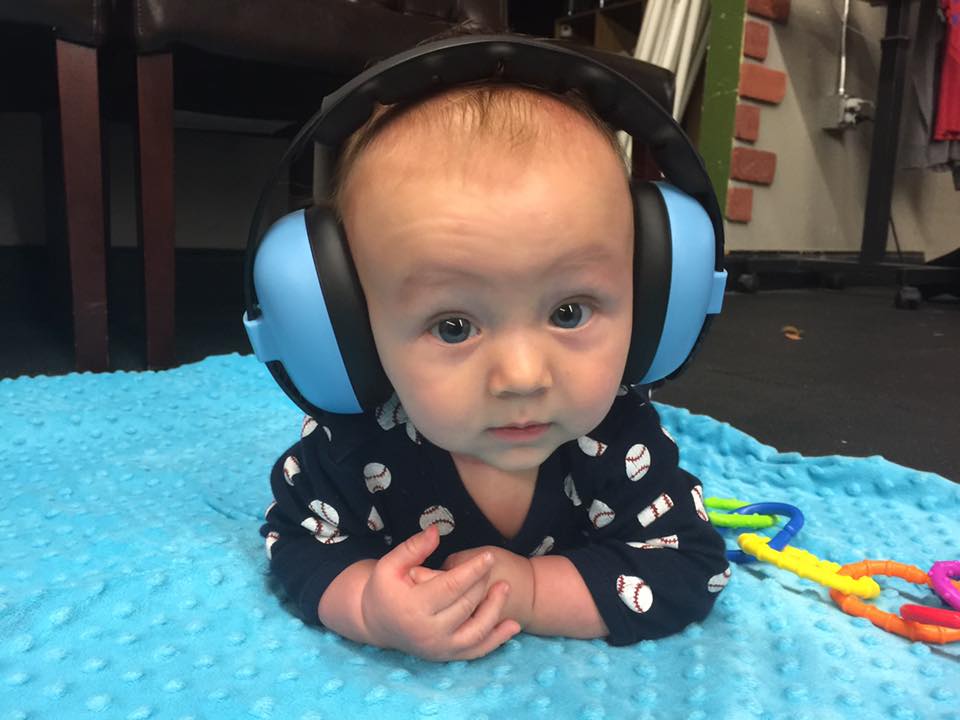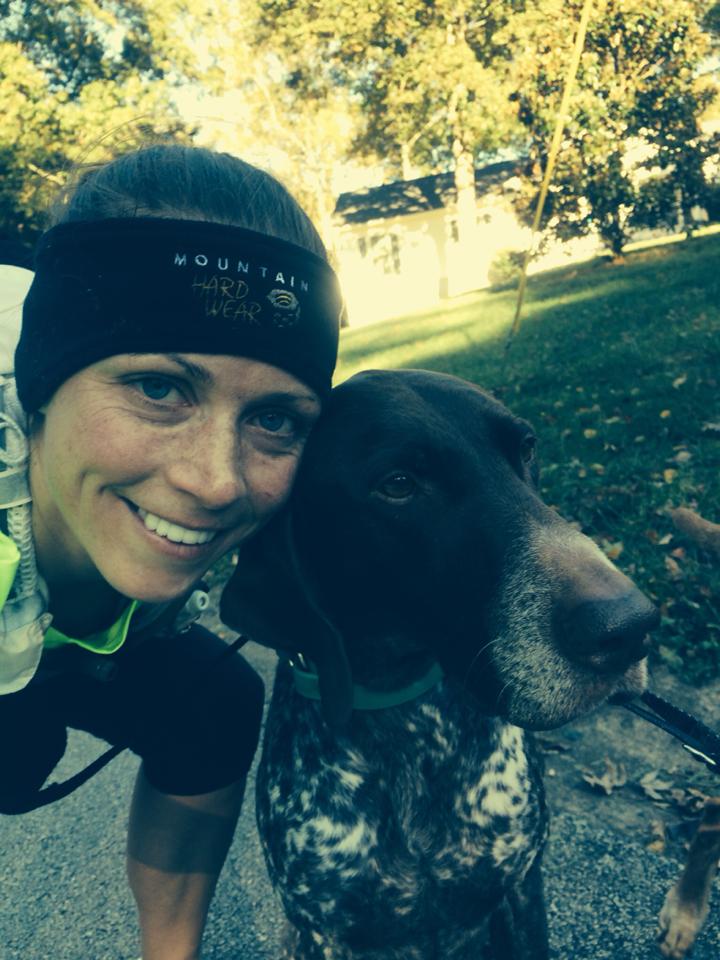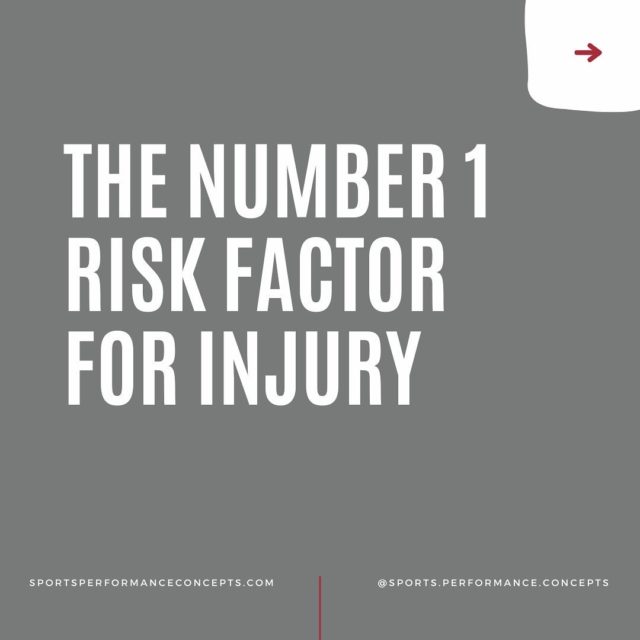 Athletes – do you ever get injured and swear up and down you’re never EVER letting this happen again?
Athletes – do you ever get injured and swear up and down you’re never EVER letting this happen again?
Whether it’s motivated by loss of progress or loss in sanity after much needed rest post-injury, it’s enough to make us over analyze every mistake we could have made. And do everything in our power to avoid it in the future.
As Sports Chiropractors frequently get questions on the best way to prevent injury. More specifically, prevent RE-injury.
Many people think they are genetically predisposed to certain areas of weakness, poor form, or problem areas. Though this may, or may not, be true, it is not the most prevalent reason people are susceptible to injury!
Which leads us to the big question:
What’s the number one most common cause of injury??⠀
⠀⠀⠀⠀
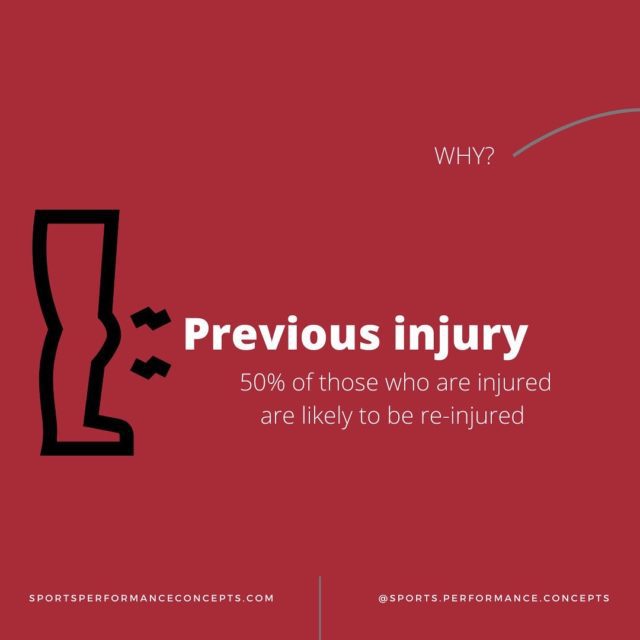 The answer: Previous injury!!
The answer: Previous injury!!
Yep, it’s true.
Those who get injured are 50% more likely to be re-injured!
Why is this the case?
Like many things in the fitness industry, there can be an array of reasons why. But here are the top to reasons we have found to cause injured patients to be more prone to re injury: ⠀⠀⠀⠀⠀
Inadequate rehab
Rehabbing an injury is one of the most important things you can do to help prevent re injury. Although it may seem obvious, many people just wait for it to stop hurting and go RIGHT back to what they were doing that caused the injury to begin with. That sounds like a recipe for re-injury, to me!
In order to make sure you’re truly fixing the problem that got you hurt in the first place, the two most important things you should do are:
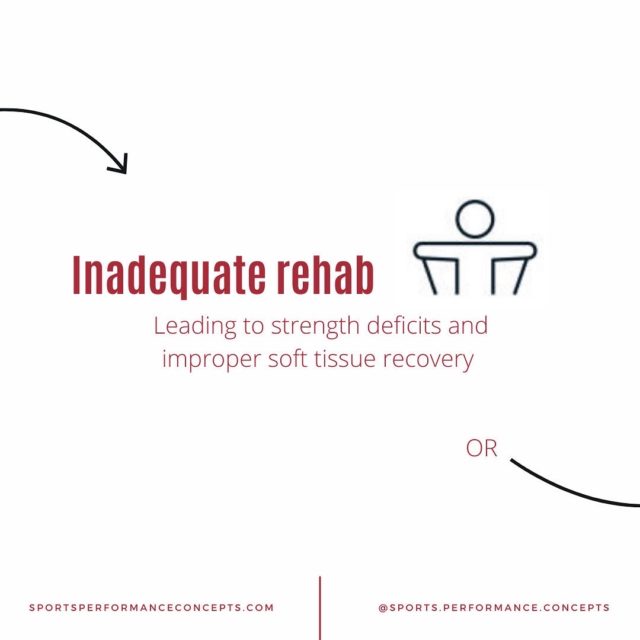 1. Determine what caused the injury⠀⠀⠀
1. Determine what caused the injury⠀⠀⠀
Was it poor form? Or improper movement patterns?
If so, find a coach that will be knit picky on form! Clean it up and build strong muscle patterns to help prevent repetative injury!
Was it repetitive stress from doing the same motions over and over and over again?
If so, try adding in some additional cross training to ensure all other surrounding musculature can stand up to the required movements of your sport!
Was it caused by over exertion? Although this may sound like the easiest one to fix, rest can sometimes be the hardest thing for an athlete to do. Try finding ways to add active recovery into your routine and allow your muscles to truly recover between high demand workouts!
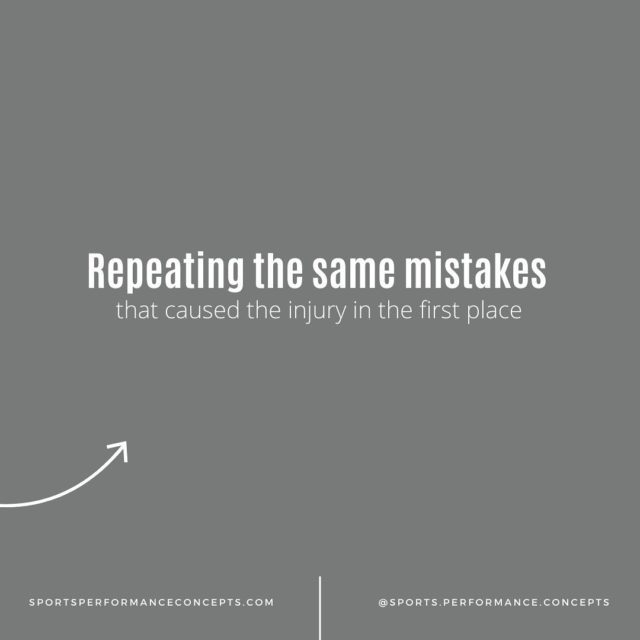
2. Properly rehab the tissues involved AND surrounding muscles to ensure proper recovery and discourage weakness from lack of use.
Find someone to do a movement assessment such as the FMS (Functional Movement Screen) or SFMA (Selective Functional Movement Assessment) to help you determine areas of weakness in your kinetic chain! Exposing weaknesses may be hard at first, but it will increase performance AND decrease risk of injury or re-injury! A win-win, huh?
Questions on how to you can properly rehab your injuries OR prevent future injuries from happening?
Book an appointment with us in Alpharetta or Suwanee locations using the ‘book a chiropractic appointment’ link on our website!

